PREVIEW
Guests heard on Volume 136
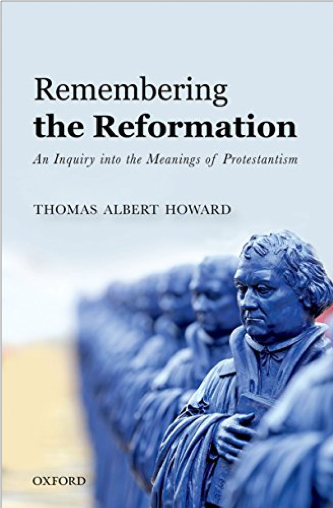
Thomas Albert Howard, author of Remembering the Reformation: An Inquiry into the Meanings of Protestantism, on the history of commemorating the Reformation
read more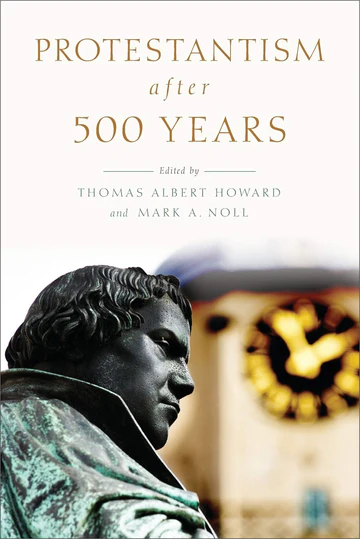
Mark Noll, editor of Protestantism After 500 Years, on how the Reformers would want to be remembered
read more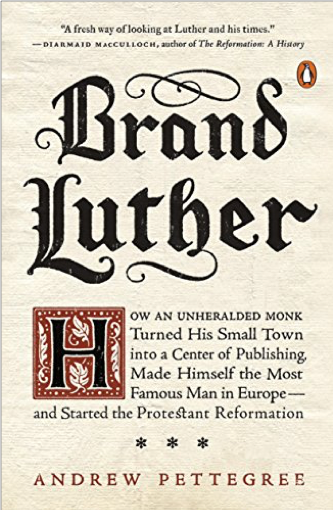
Andrew Pettegree, author of Brand Luther: 1517, Printing, and the Making of the Reformation, on how Martin Luther transformed the printing industry
read more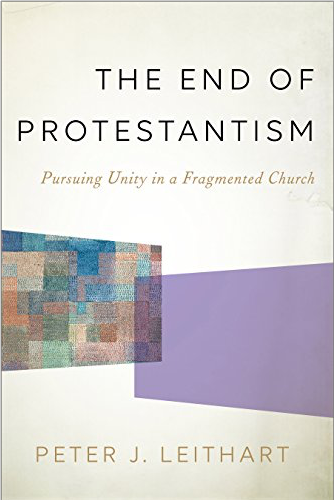
Peter J. Leithart, author of The End of Protestantism: Pursuing Unity in a Fragmented Church, on the biblical basis for the unity of the Church
read more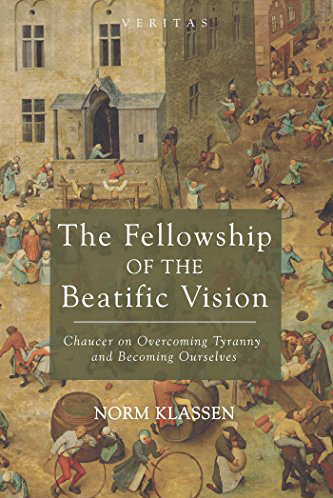
Norm Klassen, author of The Fellowship of the Beatific Vision: Chaucer on Overcoming Tyranny and Becoming Ourselves, on the political theology implicit in Chaucer’s Canterbury Tales
read more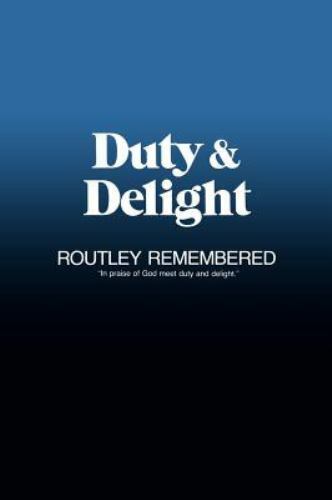
James Litton, editor of Duty and Delight: Routley Remembered, on the life and work of hymnologist Erik Routley
read more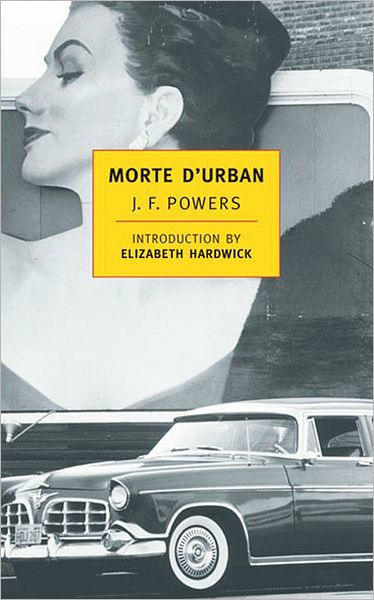
Joseph O’Brien, on the neglected literary achievements of J. F. Powers
read moreRelated reading and listening
- Music that conveys spiritual truths —
FROM VOL. 137 Musicologist Michael Marissen discusses the masterful way in which J. S. Bach uses musical idiom and quotation by way of theological counterpoint to the texts of his sacred vocal works. (13 minutes) - Gifts for a baby King — Ken Myers introduces listeners to various musical compositions created for Epiphany (January 6), the Church’s feast day celebrating the revelation of Christ to the world. (25 minutes)
- Christmas music from Luther to Bach — Tova Leigh-Choate on the roots of Bach’s Christmas Oratorio
- Seven Messianic titles, seven attributes of Christ — Ken Myers introduces listeners to four composers who each have set all seven of the O Antiphons to music. (17 minutes)
- Critiquing “empire criticism” — Allan Bevere and Peter Leithart evaluate “empire criticism,” a way of reading the New Testament with an anti-imperial focus. (36 minutes)
- Mars Hill Audio Journal, Volume 162 — FEATURED GUESTS: Mark Noll, R. Jared Staudt, Paul Weston, William C. Hackett, Hans Boersma, and David Paul Baird
- Early evangelical response to C. S. Lewis — Historian Mark Noll discusses the reasons why American evangelicals were initially slow to warm to Lewis. (15 minutes)
- “Muscular Christianity” and sport as language — In light of this summer’s Olympic Games, we present two sports-related archive interviews: Clifford Putney on Protestant emphasis on fitness at the turn of the 19th century; and Andrei S. Markovits on Americans and soccer. (23 minutes)
- The formative power of hymns and hymnbooks —
FROM VOL. 149 Christopher Phillips discusses the cultural and spiritual effects of hymns and the “thingness” of hymnals. (18 minutes) - Congregational singing in Martin Luther’s time —
FROM VOL. 137 Liturgical scholar Robin Leaver clarifies some misconceptions about Martin Luther’s commitment to congregational singing. (10 minutes) - Early 19th-century hymnody —
FROM VOL. 151 Musicologist Peter Mercer-Taylor tells the story of how early 19th-century hymnody introduced many Americans to a repertoire of classical music. (27 minutes) - How Christianity crossed the Atlantic —
FROM VOL. 55 Mark Noll describes the different form that the Christian faith and the life of churches took when Christianity migrated to North America. (16 minutes) - An unwitting agent for the secularization of America — Mark Noll, Nathan Hatch, and George Marsden explain how a prominent Christian Founding Father added momentum to the secularization of America
- The unintended consequences of the Reformation —
FROM VOL. 114 Historian Brad Gregory discusses the unintended consequences of the Reformation, consequences which continue to trouble us. (26 minutes) - Lessons from Leviticus — The book of Leviticus may be assumed to be irrelevant for charting a way through the challenges of modernity. Theologian Peter J. Leithart disagrees. (22 minutes)
- Noll, Mark — FROM THE GUEST PAGE: Mark Noll is Emeritus Professor of History, University of Notre Dame and Wheaton College. A prolific author, Noll’s publications cover a wide range of topics of interest to evangelicalism.
- Howard, Thomas Albert — FROM THE GUEST PAGE: Thomas Albert (Tal) Howard is Professor of Humanities and History and holder of the Phyllis and Richard Duesenberg Chair in Christian Ethics at Valparaiso University.
- In tune with the muses of Zion — Ken Myers on the Christmas music of Michael Praetorius
- In dulci jubilo — Ken Myers introduces some of the music for the season composed by Michael Praetorius (1571–1621), best known for his settings of Es ist ein Ros entsprungen (“Lo how a rose e’er blooming”) and In dulci jubilo. (18 minutes)
- Christian scholars and the secularized academy — Mark Noll on why Christian intellectual vitality requires a vision for the universality of Christian truth
- The future of Christian learning — Historian Mark Noll insists that for Christian intellectual life to flourish, a vision for comprehensive and universal social and cultural consequences of the Gospel has to be assumed. (18 minutes)
- Mars Hill Audio Journal, Volume 157 — FEATURED GUESTS: Allan C. Carlson, Matthew Stewart, Steven Knepper, Holly Ordway, Norm Klassen, and Norman Wirzba
- Once there was no “secular” — Carlos Eire on the metaphysical assumptions championed in the sixteenth century
- The mysteries and glory of Christmas and its music — Ken Myers presents examples of music from five centuries that capture some sense of the astonishing fact of the Nativity of our Lord. (15 minutes)
- Mars Hill Audio Journal, Volume 156 — FEATURED GUESTS: Kimbell Kornu, Paul Tyson, Mark Noll, David Ney, William C. Hackett, and Marian Schwartz
- The music and the notes are precious — Ken Myers encourages an understanding of the Church as a particular culture that should be nourished and sustained, and then describes the history of an Advent hymn written by St. Ambrose. (27 minutes)
- Parsing the intellectual vocation — Norman Klassen and Jens Zimmermann demonstrate that some form of humanism has always been central to the purposes of higher education, and insist that the recovery of a rich, Christocentric Christian humanism is the only way for the university to recover a coherent purpose. (39 minutes)
- “Christianity” is gnostic — Peter Leithart on why what the Church is and practices is not a “religion”
- Stabat Mater dolorosa — Ken Myers offers some thoughts on the aesthetics of sympathy, and introduces some of the musical settings of the remarkable medieval poem known as “Stabat Mater dolorosa.” (23 minutes)
- Passions before Bach — In preparation for Holy Week, Ken Myers presents a whirlwind music history lesson with musical examples from the sixteenth, seventeenth, and eighteenth centuries. (22 minutes)
- Beyond proof-texts — Mark Noll argues that the distinctly American practice of interpreting the Bible through proof-texting hampered the abolitionist movement’s effectiveness. (41 minutes)
- Republican freedom — and ideological flexibility — Mark Noll on the novelty of America’s Christian republicanism
- The Church and the powers that be — Historian Mark Noll summarizes Christian ideas about political life in the last few centuries, examining how those ideas were worked out in various contexts in Western Europe and North America. (39 minutes)
- The mysteries and glory of Christmas and its music — Ken Myers presents examples of music from five centuries that captures some sense of the astonishing fact of the Nativity of our Lord. (26 minutes)
- Beckoning to wisdom — Poet Malcolm Guite and composer J.A.C. Redford talk about their collaboration on a song cycle inspired by the O Antiphons of Advent. (22 minutes)
- Mars Hill Audio Journal, Volume 151 — FEATURED GUESTS: Richard Stivers, Holly Ordway, Robin Phillips, Scott Newstok, Junius Johnson, and Peter Mercer-Taylor
- The simplicity beneath the complexity — Theologian Peter J. Leithart offers an outline of the book of Revelation, focusing on the themes of the challenge of faithfulness and the meaning of martyrdom. (46 minutes)
- Renaissance music for Good Friday — In a special Feature for Good Friday, Ken Myers shares settings of passages from the Book of Lamentations and of the Tenebrae Responsories by Tomás Luis de Victoria. (18 minutes)
- Meditative music for Passiontide — At the start of Passiontide, Ken Myers introduces listeners to works by the Renaissance composer Orlande de Lassus which highlight the theme of lamentation. (18 minutes)
- The role of hymns in building faith — Darryl Tippens reminds us of Scriptural texts in which a person is moving closer to God when music breaks out (such as Mary’s Magnificat, and he discusses the history of music in the church. (23 minutes)
- How hymnody produced an important English poet — Christopher N. Phillips on William Cowper’s suffering and (artistic) triumphs
- From cities humming with a restless crowd — In a much-sung hymn and a little-known poem, William Cowper seeks retirement from worldliness
- The theology of Hans Urs von Balthasar — Theologian Rodney Howsare unpacks the dense but important theology of Hans Urs von Balthazar, revealing how the “God question” is implicit or explicit in all human questions. (14 minutes)
- The impact of the rise of non-liturgical worship — Peter J. Leithart reviews Lori Branch’s book Rituals of Spontaneity, in which Branch argues that an “ideology of spontaneity” has led to the modern rise of non-liturgical forms of worship. (29 minutes)
- The Incarnation presented in music — Composer J.A.C. Redford talks about the theme of the Incarnation as musically presented in his choral symphony for Christmas entitled “Welcome All Wonders.” (23 minutes)
- Mars Hill Audio Journal, Volume 149 — FEATURED GUESTS: Dru Johnson, Steven L. Porter, Reinhard Hütter, Matthew Levering, David Lyle Jeffrey, and Christopher Phillips
- When “follow the science” doesn’t work — Peter Leithart reflects on the all-too-human nature of science and the effects of quarantine on the Church’s embodied mission. (32 minutes)
- The Mystery Sonatas of Heinrich Biber — Baroque violinist Fiona Hughes reflects on Heinrich Biber’s 15 “Mystery Sonatas,” each of which corresponds to one of the mysteries in the life of Jesus and Mary that focused meditative devotion. (14 minutes)
- The public and political dimensions of gratitude — Peter Leithart and Mark Mitchell both assert that gratitude has a public and political concern, and that Christianity caused a significant shift in the understanding of gratitude. (19 minutes)
- Deconstructing the Enlightenment — Peter Leithart discusses Johann Georg Hamann’s insights about the nature of language and his prophetic critique of the Enlightenment. (17 minutes)